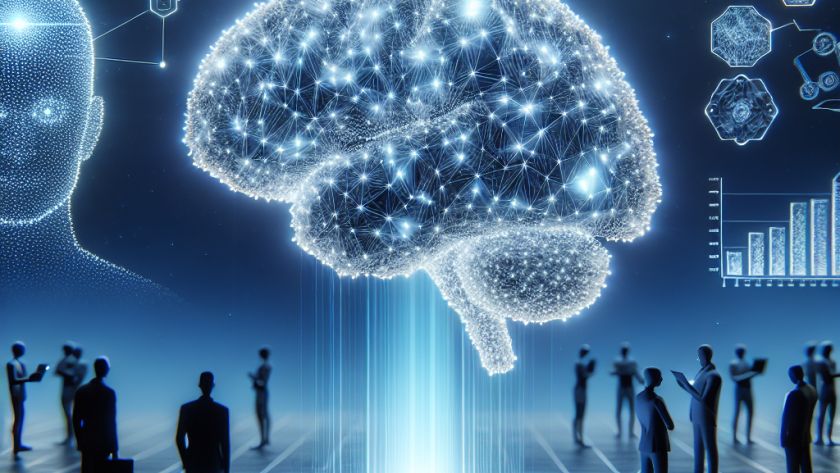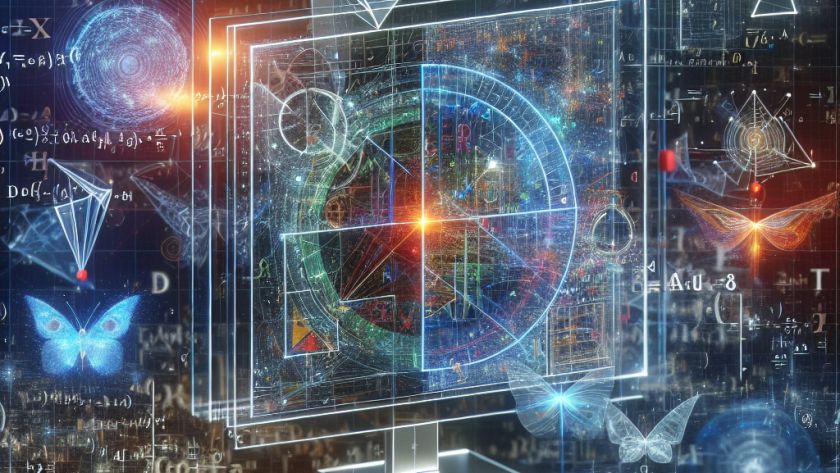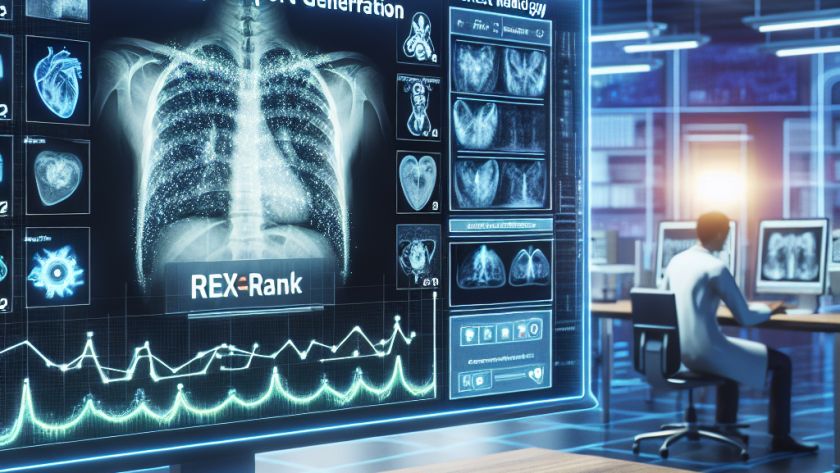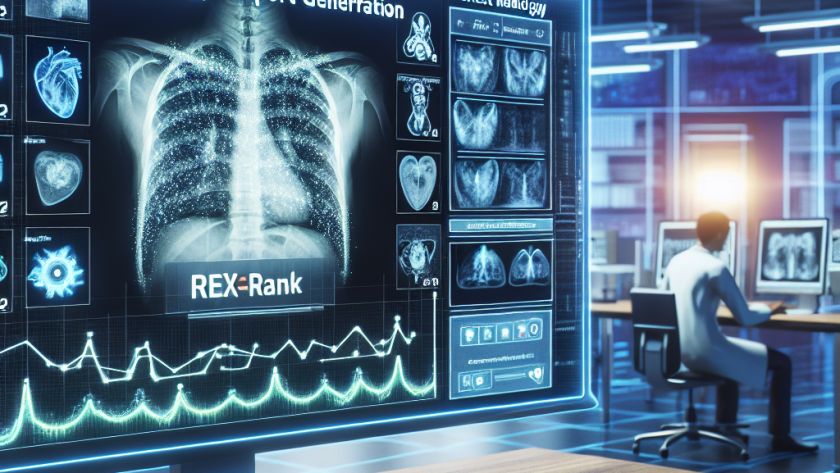Artificial intelligence (AI) is continually evolving, with a significant challenge being the creation of systems that can effectively collaborate in dynamic environments. One area of focus in this regard is multi-agent reinforcement learning (MARL), which aims to teach agents to interact and adapt in these settings. However, these methods struggle with complexity and adaptability, especially…












